Downloaded from www.mymenopausecentre.com
Direct URL: https://www.mymenopausecentre.com/symptoms/loss-of-sex-drive/
Menopause and loss of sex drive
Loss of sex drive is extremely common, but not widely talked about. It is often linked to vaginal symptoms like dryness and irritation, mood changes and lower testosterone levels.
Explore
Book an appointment
The highly experienced doctors and nurses in our menopause clinic are here to help you. Appointments from £190.
Book An AppointmentIf you would like to learn more about the impact of your symptom(s) complete our free online menopause questionnaire here.
What is menopause-related loss of sex drive?
If you’ve noticed that your sex drive isn’t what it was, please don’t worry, as you’re not alone – it’s something we hear a lot. The truth is that most women (and indeed men) have less desire to have sex as they get older.
In a survey by the British Menopause Society, almost 4 in 10 (37%) of the women interviewed reported a loss of sex drive[1], but fewer than a third sought help even though it’s something that can cause distress and unhappiness.
Talking about it is a significant first step.
In my clinic, many women don’t mention low sex drive until I ask them about it. In my experience it is nearly as common as hot flushes.
Dr Clare Spencer, Co-Founder of My Menopause Centre
Understanding libido
Sexual desire, also known as sex drive or libido, is controlled by the brain. It’s the biological, driving force that makes us think about sex and behave in a sexually active way.
When we talk about sexual arousal, we refer to the physical changes that happen when we experience desire from the anticipation of sex. These include:
- Increased blood flow to the vagina
- Increased vaginal lubrication
- Swelling of the external genitalia or ‘vulva’ (including the opening of the vagina, the fleshy lips surrounding this and the clitoris)
- Expanding of the top of the vagina inside the body
- Increased heart rate, breathing and blood pressure
Remember, desire and arousal aren’t the same thing. You might find that your levels of desire decrease, but your arousal and response don’t change. However, when sexual intercourse is pleasurable, desire can increase. If sex is painful or unsatisfactory, you can – unsurprisingly – also experience a loss of arousal and desire.
So it’s no surprise that menopause can affect all the different aspects of your libido.
Why does loss of sex drive, or libido, happen?
Feeling busy, stressed or tired can make you feel less sexy. Whether it’s a never-ending to-do list or broken sleep, it’s easy to feel a bit run down. You might also feel less attractive, due to (the entirely natural) changes to your body. All these different things can make you feel less like having sex.
You may be surprised to learn that testosterone is found in women as well as men and can play a part in our sex drive. Testosterone levels fall gradually during our adult life, which is important for some women and could be something to discuss with your GP or one of the doctors in our menopause clinic.
Oestrogen levels play a big role in female sex drive. The natural loss of oestrogen during menopause affects mood and energy levels and our libido too. The physical effects of falling oestrogen levels, like hot flushes and night sweats, and vaginal dryness, can also have an adverse effect on your sex life.
Changes to the vagina and vulva from loss of oestrogen can lead to vaginal dryness, soreness and irritation. Loss of elasticity of the entrance to the vagina affects some women, making penetrative sex painful or difficult. The tissue here can become very delicate and easy to split, which causes considerable pain. Changes in the blood supply to the vulva can mean that orgasm is more difficult, takes longer or is less intense.
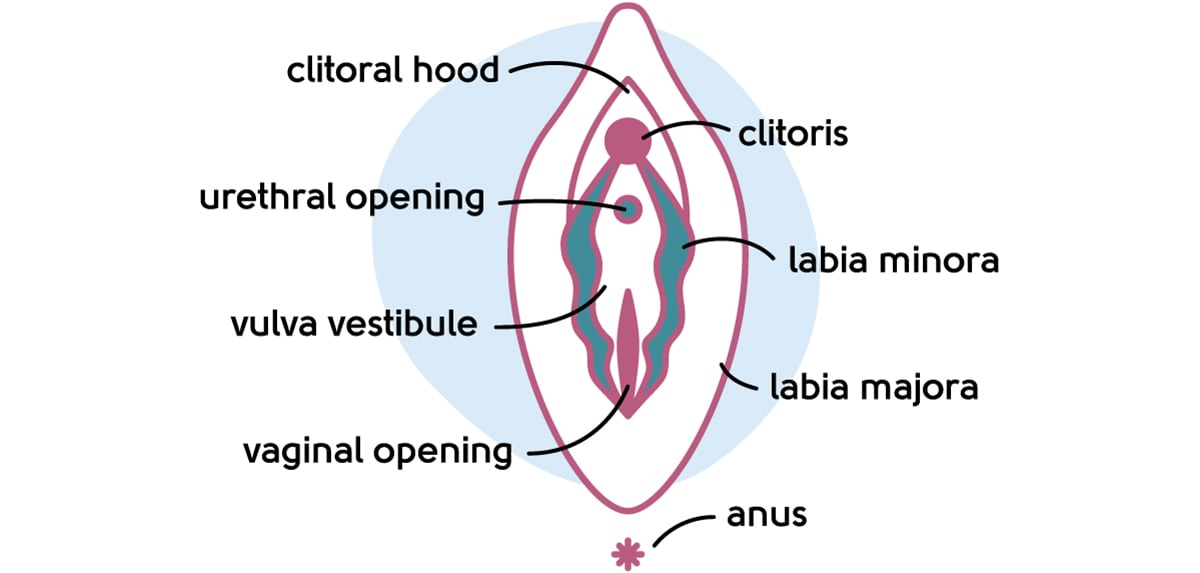
Illustration to show the vulva
Don’t forget, it’s not just about what’s happening in your body. Your surroundings and relationships make a big difference too. If you have relationship issues that you aren’t happy about, they can have a real impact on how you feel about sex.
You may feel that there are issues within your long-term relationship – these may include boredom, infidelity, lack of communication or a combination of anger, frustration, or resentment for whatever reason.
If you have suffered or been threatened with physical or emotional abuse by your partner (including sexual activity without your consent), we would urge you to seek help as soon as possible. The National Domestic Abuse Helpline is free and available 24/7 – 0800 2000 247.
If issues of past abuse are affecting you, we urge you seek help from The National Association for People Abused in Childhood (NAPAC) – 0808 801 0331.
You may be dating and facing the challenges of meeting new partners while dealing with confidence issues. Whatever your personal situation, the good news is that there’s plenty that you can do about a lack of sex drive.
How many women typically experience loss of libido?
In our experience, a loss of sex drive is a really common issue for women. Surveys have found that up to 40-50% of women going through the perimenopause and menopause experience loss of sex drive[2].
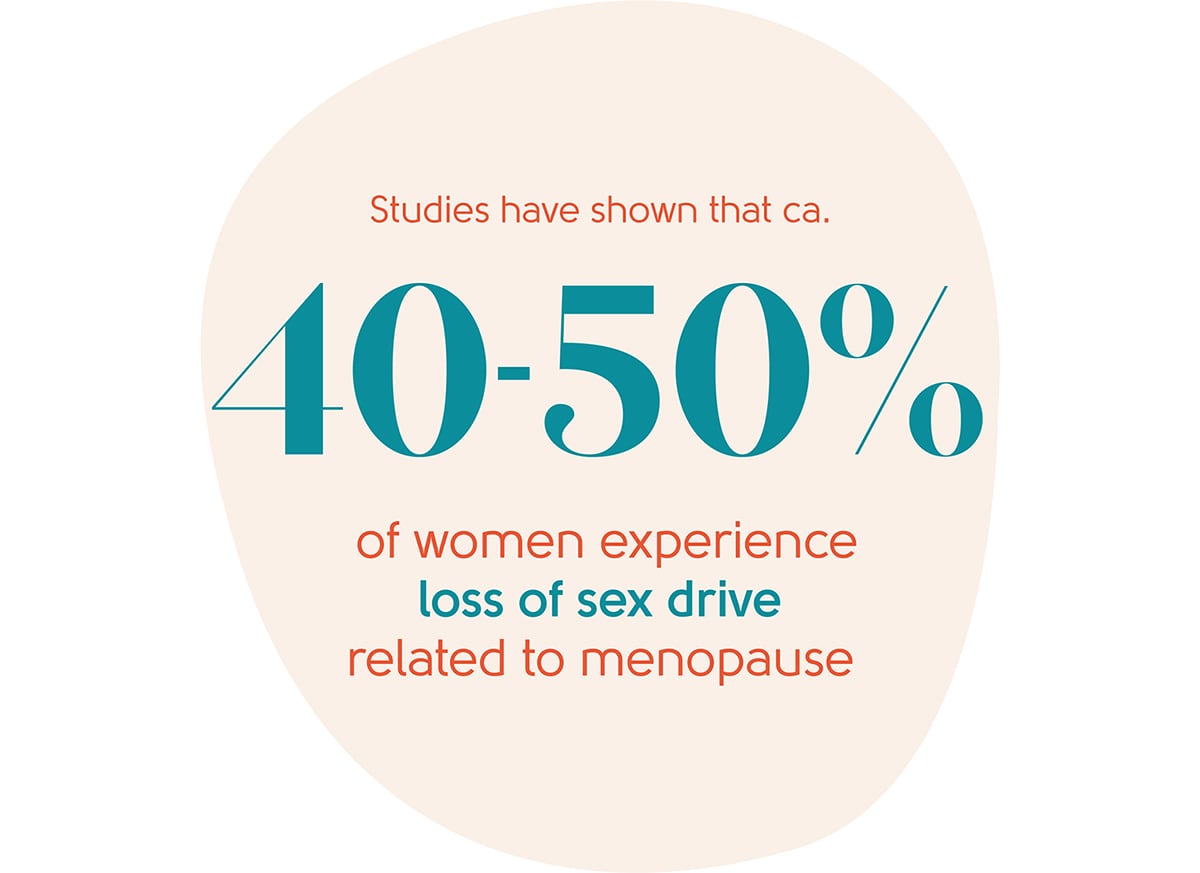
Is it linked to any particular stage of the menopause?
Loss of sex drive can occur at any stage of the menopause transition – so from early in the perimenopause to postmenopausal life. You can find out more about the stages of the menopause here.
How can loss of sex drive be treated?
Sex in the menopause is a complex topic and there’s no one list that covers off how everyone feels and experiences it. If sex drive is an issue for you, we recommend speaking to a sex and relationship therapist. You can find more about our sex therapist, Sue Makin, here.
Talk to your partner, your doctor or a therapist
You might want to try either relationship therapy or psychosexual therapy, depending on the root of the loss of sex drive.
Lack of desire can stop you letting your partner know you’d like to have sex. Partners sometimes feel that they are the problem and if you don’t talk about how you feel, relationship issues can develop.
Explaining that it’s the menopause and hormones – not your partner – can be helpful. Maintaining physical contact with your partner helps to keep you close and connected. Communication is key.
Vaginal oestrogens can be brilliant for helping vaginal symptoms and are prescribed by doctors. When you put oestrogen directly into your vagina, your body only absorbs a tiny amount, but it can have a really positive effect on vaginal symptoms of the menopause. There’s more information on vaginal dryness here.
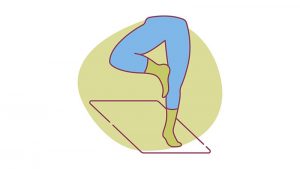 Make time and space to relax
Make time and space to relax
Relax in whichever way is helpful, whether it’s yoga, meditation, exercise, going for a walk or having a bath. Exercise can also help by improving your sense of wellbeing, releasing testosterone and aiding weight loss. It doesn’t have to be marathon running, just something to get the blood pumping!
Make sex more pleasurable
If you’re wondering how to increase sex drive there are some other things you can try:
- Lubricants and vaginal moisturisers – non-scented, water-based lubricants are best. Lubricants for menopause can be oil-, water- or silicone-based. The oil-based ones can be better, as they last longer, but watch out if you use condoms for contraception as the oil can make them less effective.
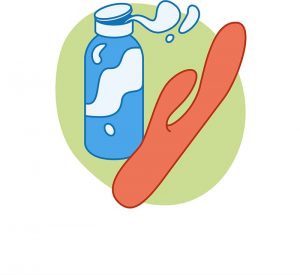
- Vibrators – they can work wonders and can be ordered from the privacy of home. The extra sensation can help orgasm, either with your partner or by yourself.
- Masturbation – don’t put pressure on yourself (any kind of pressure is a killer to sex drive), but a little self-pleasure can make you feel good and help you relax.
Hormone Replacement Therapy (HRT)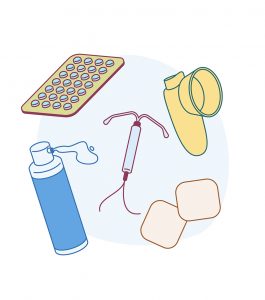
Hormonal Replacement Therapy isn’t just good for hot flushes, it can help improve your sex drive too. HRT can help with many menopause symptoms, so it’s worth reading about. You can do that on our HRT page.
Pelvic floor exercises
Having a strong pelvic floor can help with arousal. On the flip side, pelvic floor relaxation may be helpful if muscle tension is an issue for you and causes painful sex.
Testosterone
There is evidence that it helps some women with desire and arousal. Unfortunately, there is no licensed testosterone preparation for women in the UK, but tiny amounts of male testosterone can be prescribed. We’ve got more information about testosterone here.
What next?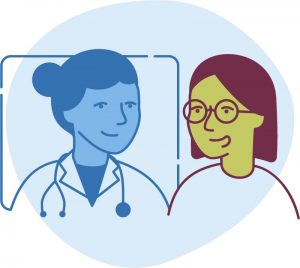
Check out the free blogs and webinars from a range of experts in the pause. community ‘Sex and Relationships’ – click here.
If you’re concerned about your loss of sex drive, talk to your GP or book an appointment with our menopause clinic.
If you think you may be experiencing signs of the menopause transition, you can learn more with our symptom checker or by taking our Menopause Questionnaire.
You can also find more information about the menopause transition at the British Menopause Society and the National Institute for Health and Care Excellence.
If you’re in an abusive relationship, there is help available at Women’s Aid.
Authored by:
Dr Clare Spencer
Registered menopause specialist, GP and co-founder; see Dr Clare in person at The Spire Hospital, Leeds or online
Last updated:
07/04/2021
Book an appointment
The highly experienced doctors and nurses in our menopause clinic are here to help you. Appointments from £190.
Book An AppointmentLearn more
Join the pause. community
We’ve created pause. as a space for women to come together and share stories about their menopause experience, ask questions, and to find support and inspiration. We'll also share the latest news and updates on the menopause from our experts.
Want to be the first to hear our latest news? Join our pause. community today.
Share your email to receive the latest news, updates and information on new products and treatments from My Menopause Centre and our pause. community. You can unsubscribe at any time.
We're committed to protecting and respecting your privacy - see our Privacy Policy and Terms and Conditions

Book a consultation
Whether you want to discuss your symptoms, create a treatment plan that's right for you, understand some test results or have a check-up, the highly experienced doctors and nurses in our menopause clinic are here to help you.
Book nowReferences
-
Source: Currie H, Moger SJ. Menopause – Understanding the impact on women and their partners. Post Reprod Health. 2019 Dec;25(4):183-190.
-
Source: Currie H, Moger SJ. Menopause – Understanding the impact on women and their partners. Post Reprod Health. 2019 Dec;25(4):183-190); Cumming GP, Currie HD, Moncur R, Lee AJ. Web-based survey on the effect of menopause on women’s libido in a computer-literate population. Menopause Int. 2009 Mar;15(1):8-12; BMS National Survey with Ipsos Mori 2016 (factsheet)
Contact My Menopause Centre
- General enquiries: hello@mymenopausecentre.com
- Book appointments online: Log into your account and go to 'My appointments'
- Book appointments by phone: 0333 444 1067
- Website: https://www.mymenopausecentre.com


















